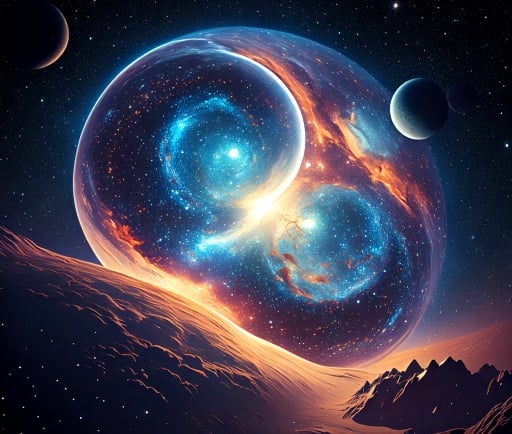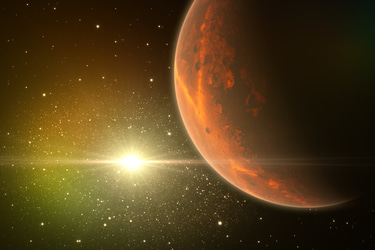The Multiverse Hypothesis: Infinite Universes Awaiting Discovery


Understanding the Multiverse Hypothesis
The multiverse hypothesis posits the existence of potentially infinite universes, each governed by its own distinct laws of physics and constants. Such a theory challenges conventional understandings of our universe, suggesting that what we consider reality is merely one among many possible variations that coexist within a vast and possibly infinite collection of universes.
The Foundations of Multiverse Theory
The roots of the multiverse hypothesis can be traced back through various scientific theories that pave the way for its acceptance. Among these are quantum mechanics and cosmic inflation. Quantum mechanics introduces the notion of superposition, where particles can exist in multiple states simultaneously until observed. This principle leads to the idea that every potential outcome might correspond to its own universe. Likewise, cosmic inflation — a theory explaining the rapid expansion of the universe — suggests that different regions could inflate into separate, isolated universes, each with varied physical laws and constants.
Implications of Infinite Universes
The implications of the multiverse hypothesis are profound and numerous. If an infinite number of universes exist, one might contain an exact replica of our world, while others could exhibit radically different physical laws. This raises fascinating questions regarding the nature of existence, probability, and the fundamental understanding of reality. For scientists and philosophers alike, the multiverse hypothesis invites a reevaluation of how we perceive our own universe and the wider cosmic arena. It leads to discussions about the nature of life across different galaxies and the potential for alternate forms of consciousness.
Furthermore, the implications extend beyond theoretical discussions; they challenge the boundaries of empirical science. If numerous universes exist, they may lay beyond our observational capabilities, raising debates about the scientific method itself. How can we study universes outside of our own? This challenges traditional notions of what constitutes scientific inquiry.
In conclusion, while the multiverse hypothesis remains largely theoretical and speculative, its exploration encourages a broader contemplation of existence and reality. It pushes the boundaries of scientific inquiry and remains a tantalizing possibility within modern physics. As research continues, it opens doors to questions yet to be answered and captivates the imagination regarding what lies beyond the familiar confines of our universe.
